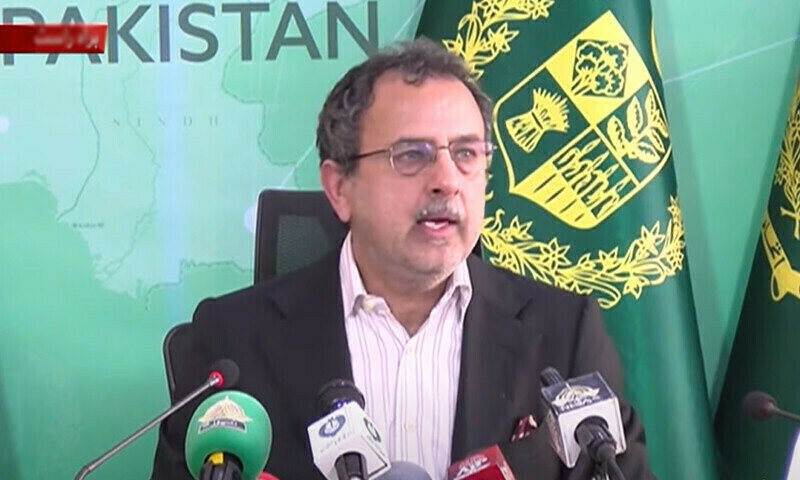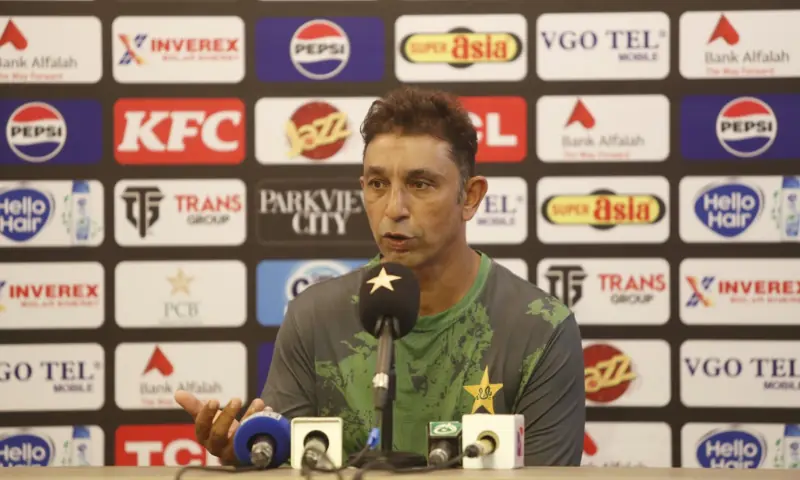Energy Minister Awais Leghari said on Wednesday that the government had taken the “critical” decision to make electric vehicles (EVs) more available to citizens, reducing the fee for electric charging stations by 45 percent. hundred.
Pakistan’s journey towards electric vehicles began in 2016-2017, and the National Electric Vehicle Policy (NEVP) was officially launched in 2020, according to the Ministry of Climate Change. The initiative was launched when transportation accounts for 43 percent of air emissions in the country.
Addressing a press conference, the energy minister said that Prime Minister Shehbaz Sharif had decided to make electric vehicles cheaper for the people.
“Charging station rates will decrease from Rs 71.10 to Rs 39.70,” he said, adding that this was an approximate tariff reduction of 45 per cent.
The energy minister also said that permission to install charging stations would be granted within 15 days.
He spoke against the use of petrol and diesel, adding that foreign exchange was burdened by a $6 billion import bill and the government today took a decision to make electric vehicles more available to the people.
“So, today we made a decision: the prime minister held a meeting and decided that the Rs 71.10 tariff of distribution companies used to bill charging stations will be reduced by about 45 percent to Rs 39.70.” , he said, adding that by reducing electricity prices, people who own electric motorcycles and small cars could have more access to those charging stations.
In November 2024, amid reservations from key stakeholders, the government also announced the New Energy Vehicles (NEV) policy aimed at transitioning 30% of all new, imported and manufactured locally, in Pakistan to electric power by 2030.
The new policy includes electric vehicles and other emerging energy sources such as hydrogen. As part of the policy, the government introduced subsidies of Rs 50,000 for electric motorcycles and Rs 200,000 for three-wheelers (rickshaws), with a total allocation of Rs 4,000 crore. These subsidies will be distributed through auctions. So far, two companies have been granted licenses and 31 more applications are being considered.
Furthermore, it was noted that the International Monetary Fund (IMF) had no objections to the tax exemptions and subsidies provided under the NEV policy.
Other initiatives include offering free electric bicycles or scooters to 120 high-achieving students and reducing tariffs on electric vehicle components to encourage local manufacturing. The government is also set to establish a New Energy Fund and a New Energy Vehicle Center to support these measures.
Currently, the world’s leading electric vehicle manufacturer, China’s BYD Group, has obtained a manufacturing license in Pakistan, while Dewan Motors will also launch its electric vehicles under the completely knocked down (CKD) license.








